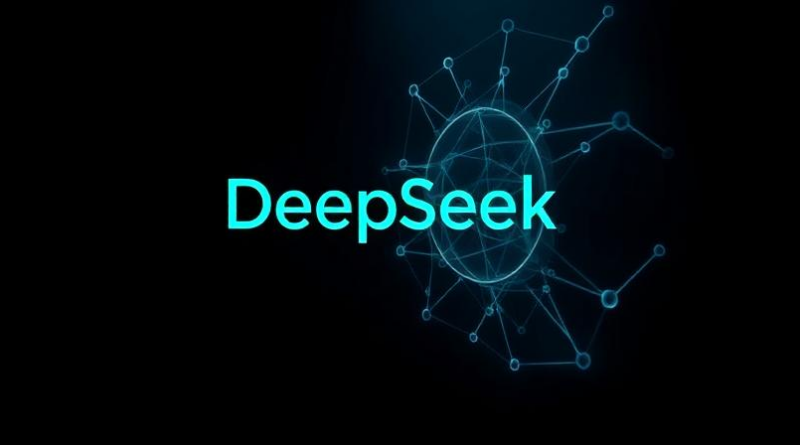DeepSeek AI Faces Global Bans Over Data Privacy and Security Concerns
DeepSeek AI, a Chinese artificial intelligence company specializing in advanced language models, has faced widespread bans in several countries due to significant concerns over data privacy and security. The AI platform, known for its use in content creation, translation, and automation, has been scrutinized for its handling of user data, particularly in relation to its Chinese ownership. Several nations have implemented restrictions on the platform, limiting its use outside China.
Why Has DeepSeek AI Been Banned?
DeepSeek AI’s policies have raised alarms globally as it stores user data in China and could potentially share it with the Chinese government upon request. This raises concerns for many governments regarding national security and the protection of sensitive data. The potential for cross-border data transfers and the risks of information leaks have led to widespread fears about privacy violations, particularly regarding the handling of personal data.
Countries That Have Banned DeepSeek AI
Several countries and government agencies have taken measures to ban or restrict the use of DeepSeek AI. Here’s a list of countries that have imposed such bans and the reasons behind them:
- Italy: Italy was one of the first countries to ban DeepSeek AI due to concerns over data protection and potential violations of the European Union’s General Data Protection Regulation (GDPR). Following an investigation by Italy’s Data Protection Authority (DPA), DeepSeek AI was removed from the Italian app store.
- Taiwan: Taiwan’s government has banned DeepSeek AI, particularly for use within all government agencies. The decision was made by Taiwan’s Digital Ministry, citing risks associated with cross-border data transfers and potential data leaks.
- Australia: The Australian government has prohibited its public sector employees from using DeepSeek AI. This decision, based on a national intelligence assessment by the Department of Home Affairs, highlights the serious security risks the platform could pose.
- South Korea: South Korea’s Ministry of Defense has banned the use of DeepSeek AI due to concerns raised by the country’s Personal Information Protection Commission regarding the platform’s data management practices.
- United States: The U.S. Navy, Texas state authorities, and several branches of the U.S. government have banned DeepSeek AI, with members of Congress also warned against using the tool. The Pentagon and NASA have restricted its use by their employees due to security and ethical concerns.
- India: India’s Ministry of Finance has also imposed a ban on the use of DeepSeek AI by government employees, citing risks to government confidentiality, especially when used on official computers and devices.
Alternatives to DeepSeek AI
In light of the bans on DeepSeek AI, several alternative AI tools are being recommended for use:
- ChatGPT: Developed by OpenAI, this language model could serve as a robust alternative to DeepSeek AI.
- Claude AI: Created by Anthropic, Claude is an AI assistant capable of advanced language processing and code generation.
- Chatsonic: An AI marketing agent that utilizes GPT-4, Claude, and Gemini models, designed for content development and SEO optimization.
Conclusion
The global bans on DeepSeek AI primarily stem from concerns over data privacy, security, and its links to the Chinese government. Countries like Italy, Taiwan, Australia, the United States, and India have restricted its use to safeguard national security and protect personal data. As concerns over AI data practices grow, governments are taking a stronger stance on regulating the use of foreign technologies in sensitive environments. For more technology news and the latest Careers updates on Karmasangsthan and career opportunities, you can visit the online news portal




